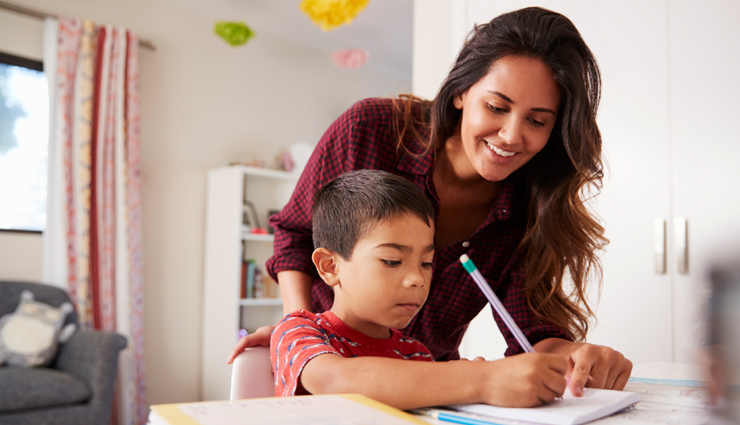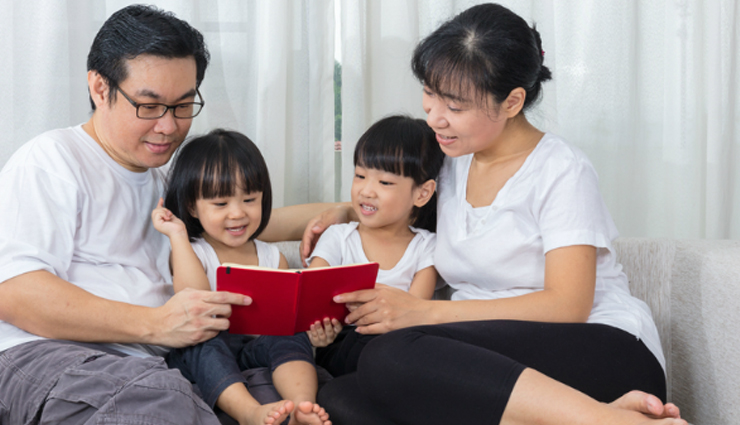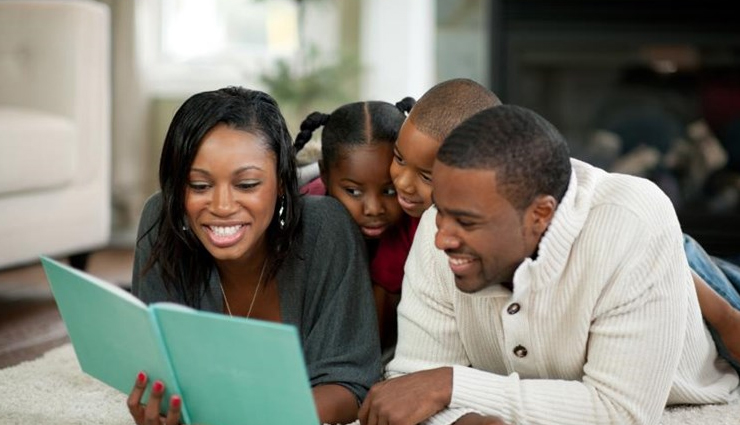- Home›
- Mates & Me›
- Self-Compassion, Is Exactly What Parents Need When Parenting Gets Tough
Self-Compassion, Is Exactly What Parents Need When Parenting Gets Tough
By: Varsha Singh Wed, 30 Sept 2020 6:25:46

“Compassion has horrible PR! People equate it with indulgence or wimpiness,” says Susan Pollak, Ed.D., cofounder of the Center for Mindfulness and Compassion at Harvard University and author of “Self-Compassion for Parents.” But compassion, and especially self-compassion, is exactly what parents need when parenting gets tough.
“You know what’s good for you, so trust your judgement.”
Self-kindness adds an emotional element of avoiding judgement and harsh criticism. It is a mirror image of the Golden Rule: treating yourself with the same kindness with which you treat others and that you hope they would extend to you in return.
“Self-compassion is the same experience as compassion for others. It comes from Latin, ‘to suffer with.’ So, there is an inherent connectedness,” says Pollak . “It’s different from self-pity, where you think, ‘My experience is worse or abnormal.’ Self-compassion recognizes ‘This is the human experience.’”
Pollak puts it this way: “It’s like industrial-strength kindness.”
Is self-compassion an indulgence? No.
“Self-care and self-compassion both seek to alleviate long-term harm. They are not always as pleasant in the short term [as self-indulgence],”. You might enjoy treating yourself to cake in front of the TV more than going to the gym, but you know staying fit will make you feel better in the long run. If you’re worried about knowing the difference between cutting yourself some much-needed slack and slacking off, We suggest asking the questions “How does this help?” and “Is it wholesome?”
“Tap into your own values. You know what’s good for you, so trust your judgement,”. Using your values as a guide can help you make sure your self-care is actually taking care of you.

Because self-care is a long-term strategy focused on preventing burnout, it is also limited: It doesn’t help in heated moments. In those moments when your kid is having a very public meltdown or you’re trying to make dinner to a soundtrack of squabbling, what you need is self-compassion.
Self-compassion can help you respond better in a crisis.
“The human brain empathically resonates with others’ emotions. It sounds woo-woo, but the brain really does that,”. Parents and children are especially in tune and communicate emotions pre-verbally. Parents can reverse the feedback loop of heightened emotions by calming themselves through self-compassion exercises.
Self-compassion in true sense
Pollak notes, “Self-compassion is a set of skills that can be learned and developed.” But even when they are convinced of the benefits, many people don’t think they have time to practice new skills. Especially when their children are very young, parents often feel like they don’t have five minutes to spare, let alone an hour for a class or 45 minutes for meditation.
But even a single slow, mindful breath can help you calm down enough to remember your best parenting skills and respond to a situation appropriately. “Breathe in for you and out for your child,” suggests Pollack .

A regular self-compassion practice can be boiled down to a mental exercise that takes less than one minute. It can even be done with your eyes open (since you can’t always afford to take your eyes off your child!). It’s an exercise that has survived trial by fire — Pollack even used it successfully when her young son had a tantrum in the middle of a cross-country flight. The steps are simple.
1. Take note, label.
You can’t solve a problem without identifying it. You already know that the external problem is your child’s tantrum or that your kids are hungry because dinner is late. But give yourself a moment to name your feelings so you can address those, too. You might be feeling frustrated, helpless, incompetent or simply fed up.
2. Remember your common humanity.
Remember that you are not the first parent to experience uncomfortable emotions. Even if the details of your circumstances are unusual, your feelings are not. Every parent has experienced the feelings you just named. Remember that these experiences and feelings are part of parenting and you don’t have to take them personally.

3. Give yourself kindness.
Now that you’ve remembered that this situation is not happening because you are a bad person or a bad parent, or because you have the worst kids ever, you can skip the negative self-talk. Instead, give yourself a pat on the back — maybe even literally. “It seems weird at first to talk to yourself as if you were talking to another person, but with practice it helps give you perspective,”. Tell yourself what you would tell a dear friend in the same situation: “This is hard, but it’s going to be okay. You’ve got this.”
“People have a lot of experience showing compassion to others. We just need to give ourselves permission to show it to ourselves. Women in particular are socialized to think of others’ needs first, that it’s selfish to think of ourselves. That is so harmful, because it robs us of the ability to do what we’re asked to do,”. Not only does self-compassion make caregiving more sustainable, our children benefit from the calm we give ourselves. So, by all means, splurge on that manicure if it makes you feel good. But for long-term health and a happier experience of parenting, treat yourself to some self-compassion.





